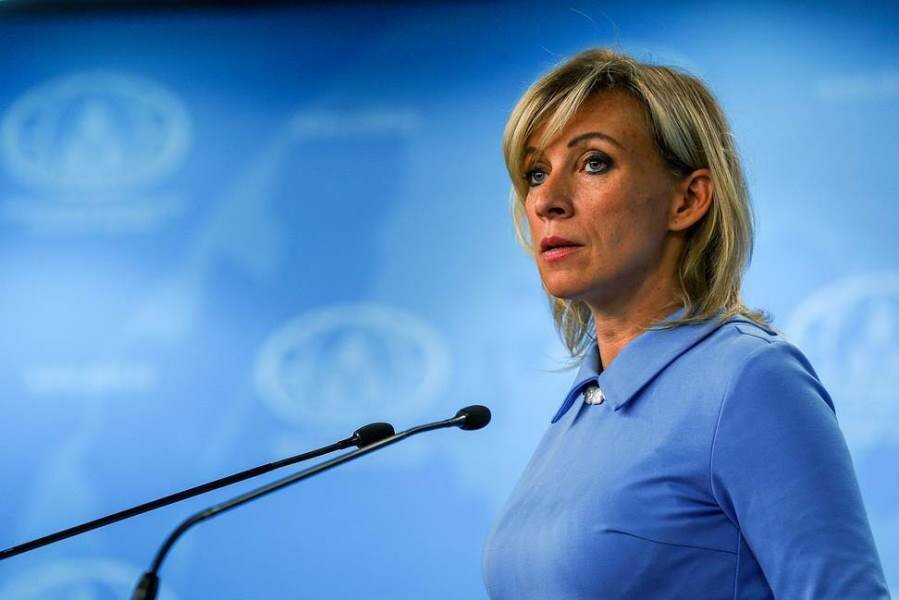Russia: Persian Gulf mission crude attempt by U.S. to pressure Iran

TEHRAN - On Thursday Russia spoke against a U.S.-proposed naval coalition in the Persian Gulf, saying it is a pretext for Washington to further pressure Tehran and destabilize the Persian Gulf region.
Speaking at a news briefing in Moscow, Russian Foreign Ministry spokeswoman Maria Zakharova said, “Events there [Persian Gulf region] are really moving to a dangerous point and there are risks of a large-scale military clash,” Press TV reported.
She also noted that Russia believes the U.S. is merely looking for a “pretext to whip up the situation, continue its aggressive rhetoric towards Iran, and to shift to a hotter more active phase of the conflict.”
Amid its attempts to trouble Iran’s foreign oil sales as part of its sanctions targeting the Islamic Republic, the U.S. has announced plans to form a Washington-led maritime force to supposedly secure the Strait of Hormuz in the Persian Gulf, which hosts considerable international oil shipments.
On Tuesday, the U.S. officially asked Germany to participate — alongside Britain and France — in the coalition, a request that was declined by German Foreign Minister Heiko Maas a day later.
Maas said on Wednesday that there was no military solution to the ongoing standoff in the region and Berlin would rather pursue a policy that prevents further escalation of tensions.
“Germany will not take part in the sea mission presented and planned by the United States,” Maas told reporters on a trip to Warsaw, the Polish capital.
By its own admission, the United States has spent astronomical sums on its wars in this region, without either succeeding or performing in a way that could result in a successful outcome.
Back in February 2017, U.S. President Donald Trump famously said during a White House address that the country had spent $6 trillion in Middle East wars.
Trump said since the U.S. first invaded Afghanistan, and 17 years later, the region is still a "hornet's nest”. He added that "we never win" and "we don't fight to win."
SP/PA
